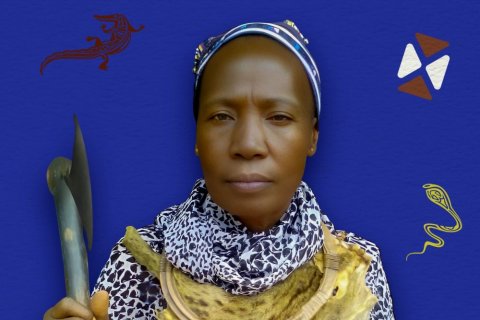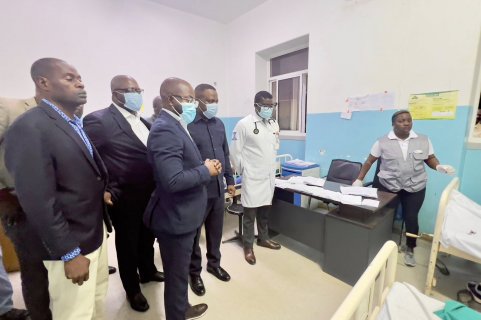"Unfortunately, the role of the interpreter tends to disappear in the coming years, because without professional recognition there will clearly not be professionalization and, also, training or training as such, because legally it is not recognized as a profession", stated Bismarque António.
Speaking to Lusa, the person in charge argued that the interpreter's role must be professionalized, "but unfortunately this figure is not considered and is not officially recognized as a profession".
"And this is one of the great difficulties we face as interpreters", he stressed, emphasizing that this is one of ANILGA's struggles, like what happens in Portugal, Brazil, South Africa and Namibia, where this activity is recognized as a profession, he highlighted.
According to Bismarque António, the employability of Angolan sign language interpreters is threatened, due to lack of legal recognition, and they currently only work as collaborators, service providers and "mixers" (as people with temporary or occasional work are popularly known in the country).
The figure of the sign language interpreter in Angola gained notoriety mainly during the Covid-19 period, where they translated televised press conferences for the country's deaf/mute community.
Currently, these professionals have regular presence in the main information services of Public Television of Angola (TPA) and sporadically in some public activities.
He considered the presence of sign language interpreters in TPA's information services as "a great gain for inclusion", noting, however, that they only work as service providers, "which compromises their future", as they do not pay into social security.
Bismarque António, also an interpreter, highlighted, on the other hand, the importance of this figure in the teaching and learning process for people with hearing impairment, remembering that their absence in classrooms compromises their inclusion.
"Many of the interpreters work as such [translators in classrooms], but they are not recognized as a profession, because their employability is also very difficult as this figure is not part of the country's occupational qualification", he highlighted.
The official also stated that ANILGA is working with public institutions, namely the Ministry of Public Administration, Labor and Social Security, the National Institute of Languages and the Ministry of Justice and Human Rights in search of recognition.
ANILGA was founded in 2022 and currently has 405 members spread across 18 provinces.







